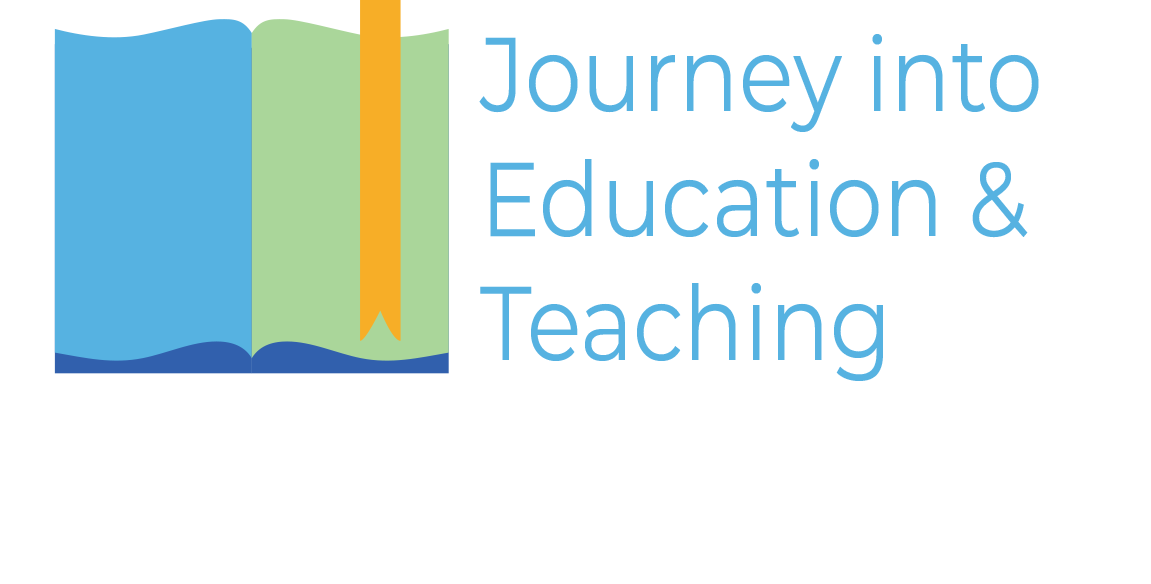So You Want to Become a Teacher in Massachusetts?
How does that work? So many adults outside the teaching workforce ask this question when they are trying to change their career to become a classroom k-12 teacher. They soon realize that this is a daunting question. Where do I start? Who can I talk to about it? Where do I go? And there is so much to consider, including the different licenses, degree requirements, and financial resources.
Well, this short blog may provide some guidance and insights for adults who are seeking their first license and not sure how to start. This blog will not answer all your questions, but it may provide a starting point.
First, let's assess your need for change by asking the who, what, when, where, and why questions for the change in career.
Who are you and why do you want to become a teacher, what academic skills do you have to start this journey, i.e., college degrees vs no college degree, previous classroom experience as a non credential classroom worker?
Why this change and what is inspiring you? What type of classroom teacher do you want to become? Early Childhood, Elementary, Secondary or middle school (and what college major), or English as a Second Language. And is the teaching area job in demand? The job demand is a very important exploratory question.
When do you want to start your journey? Do you have or know what financial resources are available? Are there jobs in the field you are seeking, and is any additional coursework necessary?
What you should know about becoming a licensed teacher in Massachusetts.
First, the authority for educator licensure is the Massachusetts Department of Elementary and Education (DESE). All teacher preparation programs are approved and authorized by DESE: https://www.doe.mass.edu/licensure/
Second, teacher credentials have coursework standards and testing requirements of the Massachusetts Test for Educator License (MTELs). I suggest you use the DESE Licensure Requirements Tool to help explore that question: Licensure Requirement Tool.
And last, but certainly not least, is location, location, location. Location of school district and job needs. Location of college/university, and location of financial aid resources. Licensure Requirement Tool will guide you to higher education institutions in your area.
Do you know that there is a program that provides guidance and resources for public school paraprofessionals who wish to become classroom teachers? Journey into Education and Teaching (JET) is a model program that provides those services. JET’s mission is to help public school districts diversify their teacher workforce. JET’s unique model addresses this gap in urban communities where the need is greatest. JET recruits diverse paraprofessionals without bachelor’s degrees who already work in the classroom, know their communities, and have the makings of great teachers.
More programs, like the JET Program, are needed to help guide and support adults who are seeking a career change to teaching. The bureaucratic requirements alone are enough to make one change their mind about seeking a teaching career. But don’t let the bureaucracy stop you. Go right to the authority. Visit DESE’s https://www.doe.mass.edu/licensure/. Who knows, DESE might realize that programs, like the JET program, are replicable and a necessary resource for adults who are seeking a change in career to teaching.
